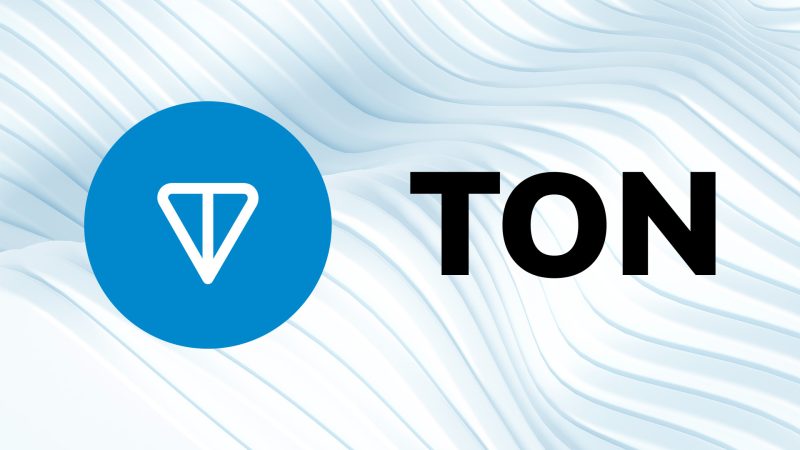The Block • Apr 19, 24
Tether brings USDT and gold stablecoins to the TON blockchain
Tether is expanding support for its USDT stablecoin and its gold-backed stablecoin XAUT to The Open Network (TON).
Read more


Lithium is not available for trading on the Coinbase Exchange, but is supported on Coinbase Wallet

Lithium can be traded using Coinbase Wallet, your key to the world of crypto.
Lithium is only available through Coinbase Wallet. Assets on Coinbase Wallet are not held by Coinbase. Use of Coinbase Wallet is subject to these terms.
The price of Lithium has decreased by 0.02% in the last hour and decreased by 0.65% in the past 24 hours. Lithium’s price has also fallen by 3.05% in the past week. The current price is $0.0015 per LITH with a 24-hour trading volume of $636.43K. Currently, Lithium is valued at 96.69% below its all time high of $0.0461. This all-time high was the highest price paid for Lithium since its launch.
The current circulating supply of Lithium is 5,242,220,240 LITH which means that Lithium has as total market cap of 5,242,220,240.
Navigate the world of Ethereum Name Service (ENS) profiles. Connect, learn, and engage with the web3 community on profile.coinbase.com. Check out some of the most popular ENS profiles below.
Certain content has been prepared by third parties not affiliated with Coinbase Inc. or any of its affiliates and Coinbase is not responsible for such content. Coinbase is not liable for any errors or delays in content, or for any actions taken in reliance on any content. Information is provided for informational purposes only and is not investment advice. This is not a recommendation to buy or sell a particular digital asset or to employ a particular investment strategy. Coinbase makes no representation on the accuracy, suitability, or validity of any information provided or for a particular asset. Prices shown are for illustrative purposes only. Actual cryptocurrency prices and associated stats may vary. Data presented may reflect assets traded on Coinbase’s exchange and select other cryptocurrency exchanges.